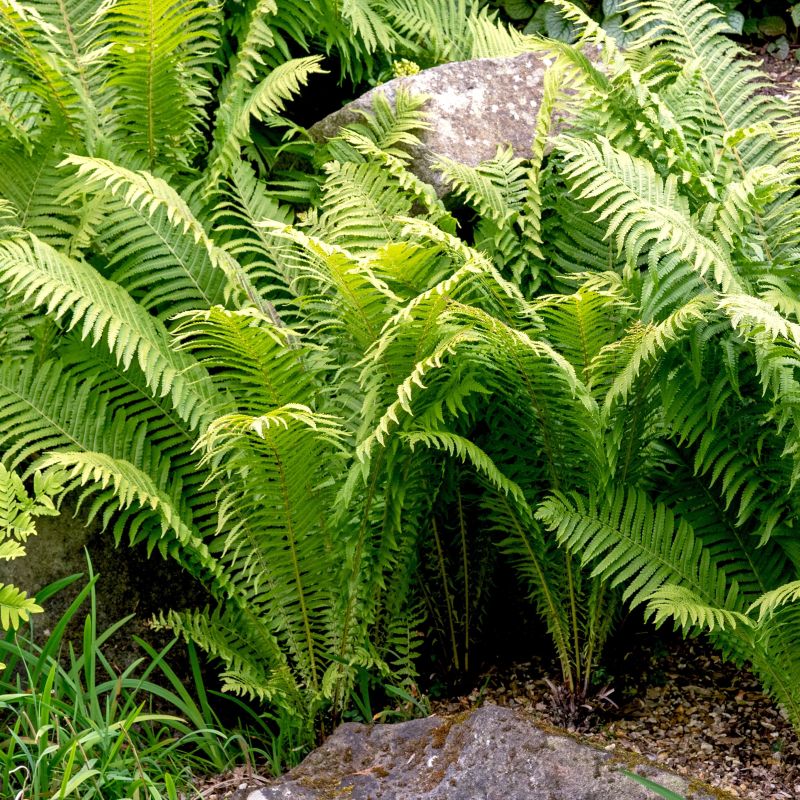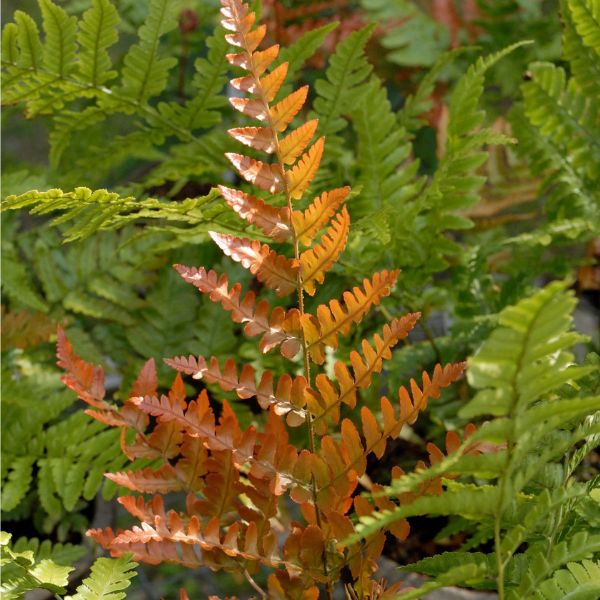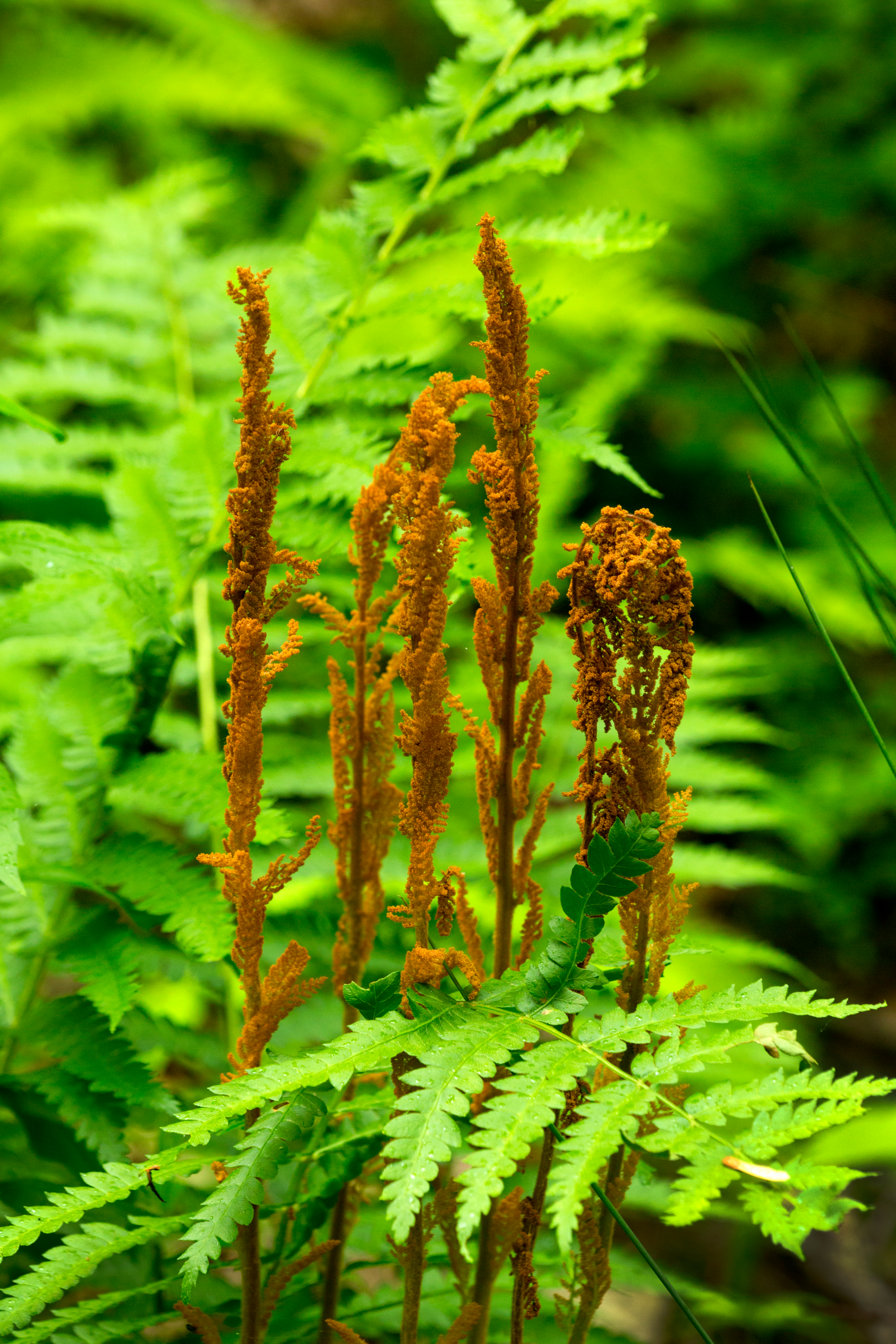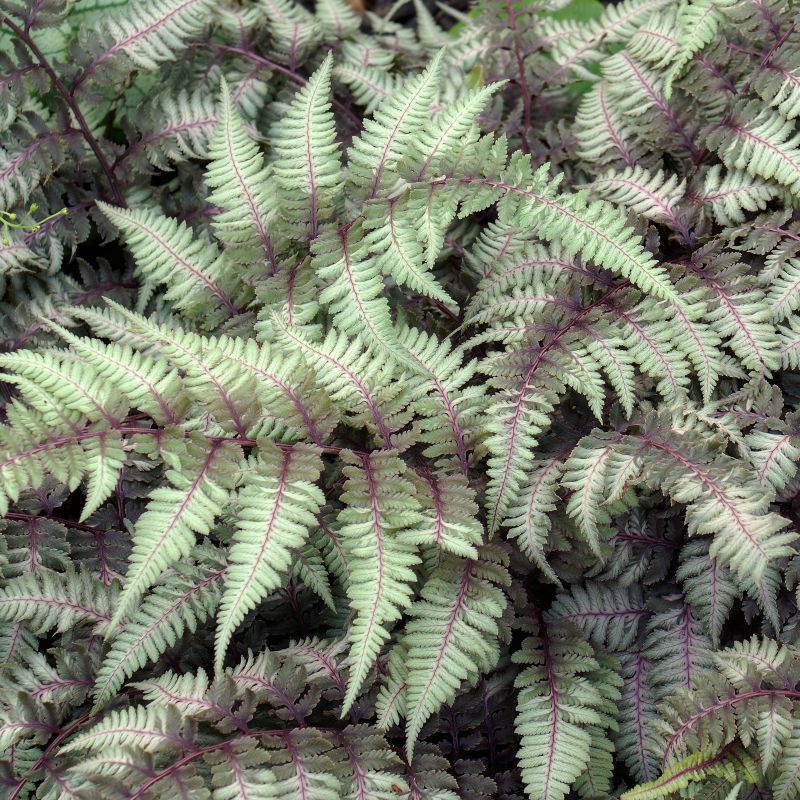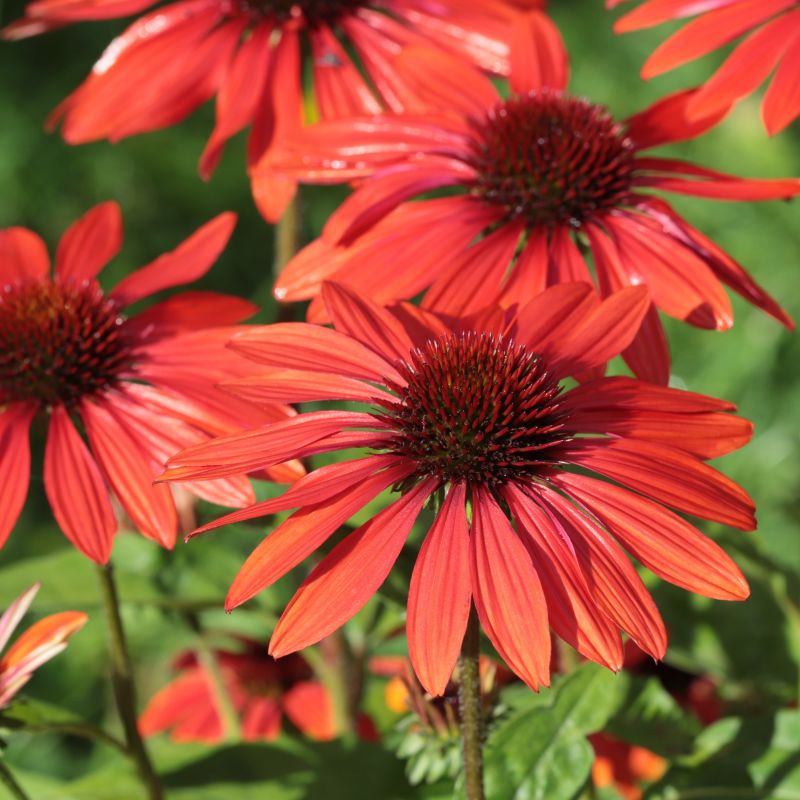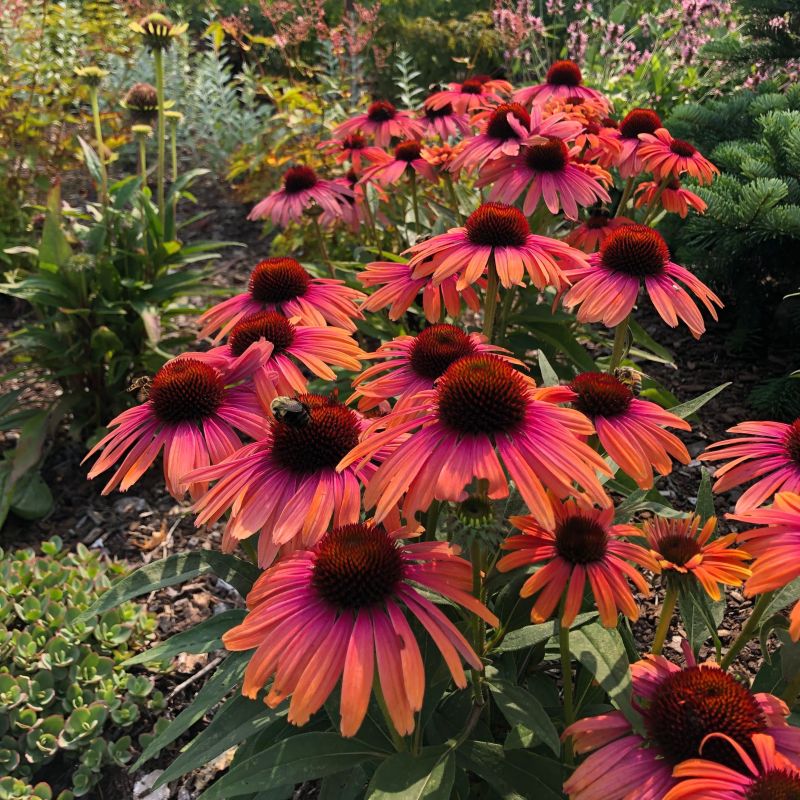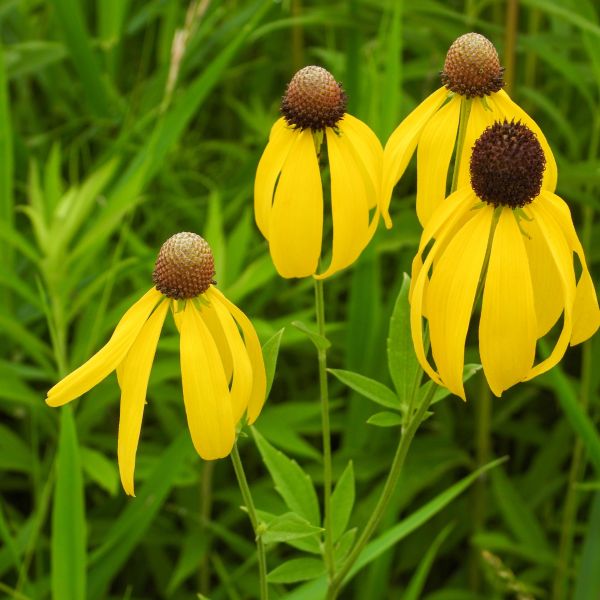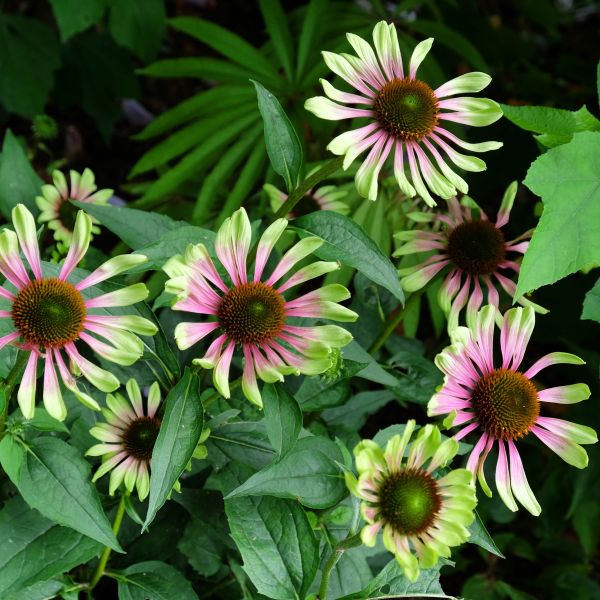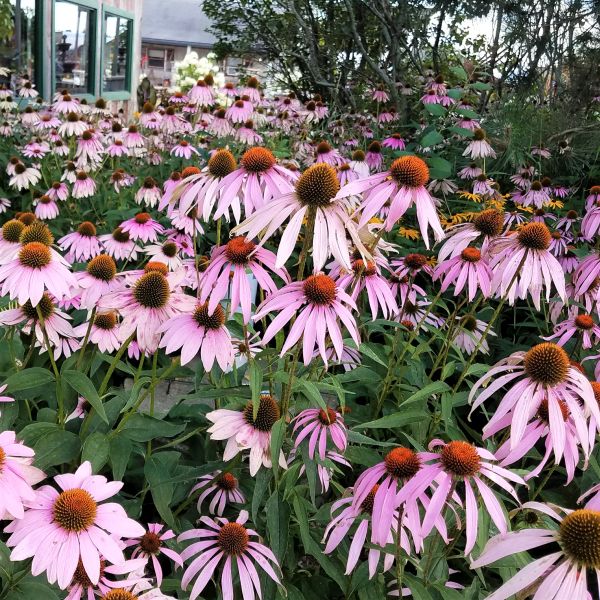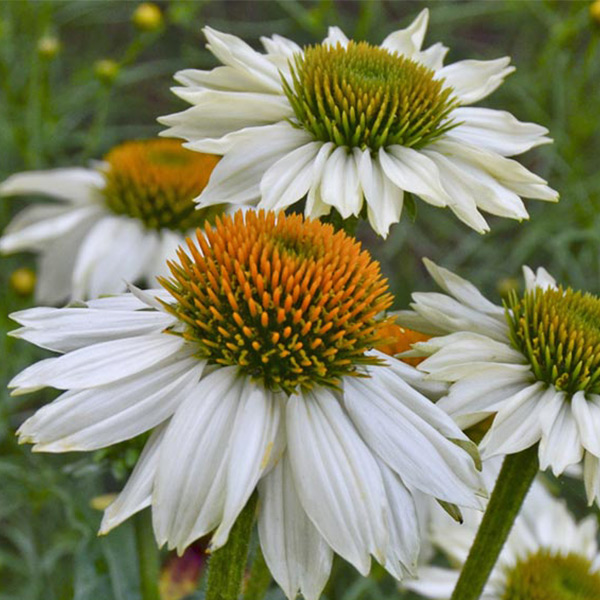





Staghorn Fern
Platycerium bifurcatum Netherland Staghorn
15 reviews
Staghorn Fern
Platycerium bifurcatum Netherland Staghorn
15 reviews
- Low maintenance plant
- Unique and eye-catching aesthetic
- Thrives in a variety of light conditions
- Recommended by landscape designers for optimal fit in real yards
$69.00
$99.00
30% Off
- Ships to 43215 in 3-5 Days
- Free Shipping Over $150
- Plant Arrival Guarantee
- In Stock
- Free Plant Consult
$200 - Landscape-Approved: Every Plant We Sell Comes With Design Expertise Behind It
4", 3 Pack
We are sorry, product is currently out of stock due to seasonal availability. Please check the "Related plants available in your area" section below
Not just beautiful - intentionally selected by ShrubHub's 3D landscape design team to fit real-world spaces and maximize yard potential.
Why Staghorn Fern?
The Staghorn Fern, also known as Platycerium bifurcatum Netherland Staghorn, is a unique and exotic fern species that is popular among plant enthusiasts for its striking appearance. It has distinctive fronds that resemble the antlers of a stag, giving it its name. This plant is a great choice for hanging baskets or mounting on walls, adding a touch of tropical flair to any space.
Related plants available in your area
Sunlight
Staghorn ferns prefer bright, indirect sunlight. They should be placed near a window where they can receive filtered sunlight throughout the day. Direct sunlight can scorch their fronds, so it is best to provide them with gentle, indirect light.
Watering
Staghorn Ferns prefer to be watered consistently to keep the soil moist but not waterlogged. They thrive in high humidity environments and can benefit from misting or occasional soaking in water. It is important to allow the soil to slightly dry out betwee
Fertilizing
Staghorn Ferns should be fertilized every 2-3 months with a balanced liquid fertilizer diluted to half strength. Avoid over-fertilizing as it can harm the fern. Use a fertilizer specifically designed for ferns or houseplants for best results.
Staghorn Fern (Platycerium bifurcatum Netherland Staghorn)
The Staghorn Fern, also known as Platycerium bifurcatum Netherland Staghorn, is a unique and striking plant that is sure to add a touch of tropical beauty to any space. This plant gets its name from the large, antler-like fronds that resemble the horns of a stag.
The Staghorn Fern is an epiphytic plant, meaning that it grows on other plants, rocks, or trees in its native tropical environments. It is native to Australia and Southeast Asia but is now popular in homes and gardens around the world.
This plant is ideal for mounting on a wooden board or hanging basket, where it can show off its impressive fronds that can grow up to 3 feet in length. The Staghorn Fern is relatively easy to care for and prefers bright, indirect light and high humidity. It is best to water the plant by misting its leaves or soaking its roots, as it does not like to be over-watered.
Add a touch of exotic charm to your indoor or outdoor space with the unique and beautiful Staghorn Fern.
Plant Information:
| Botanical Name: | Platycerium bifurcatum Netherland Staghorn |
| USDA Zones: | 9 - 10 |
| Mature Height: | 6-8 IN |
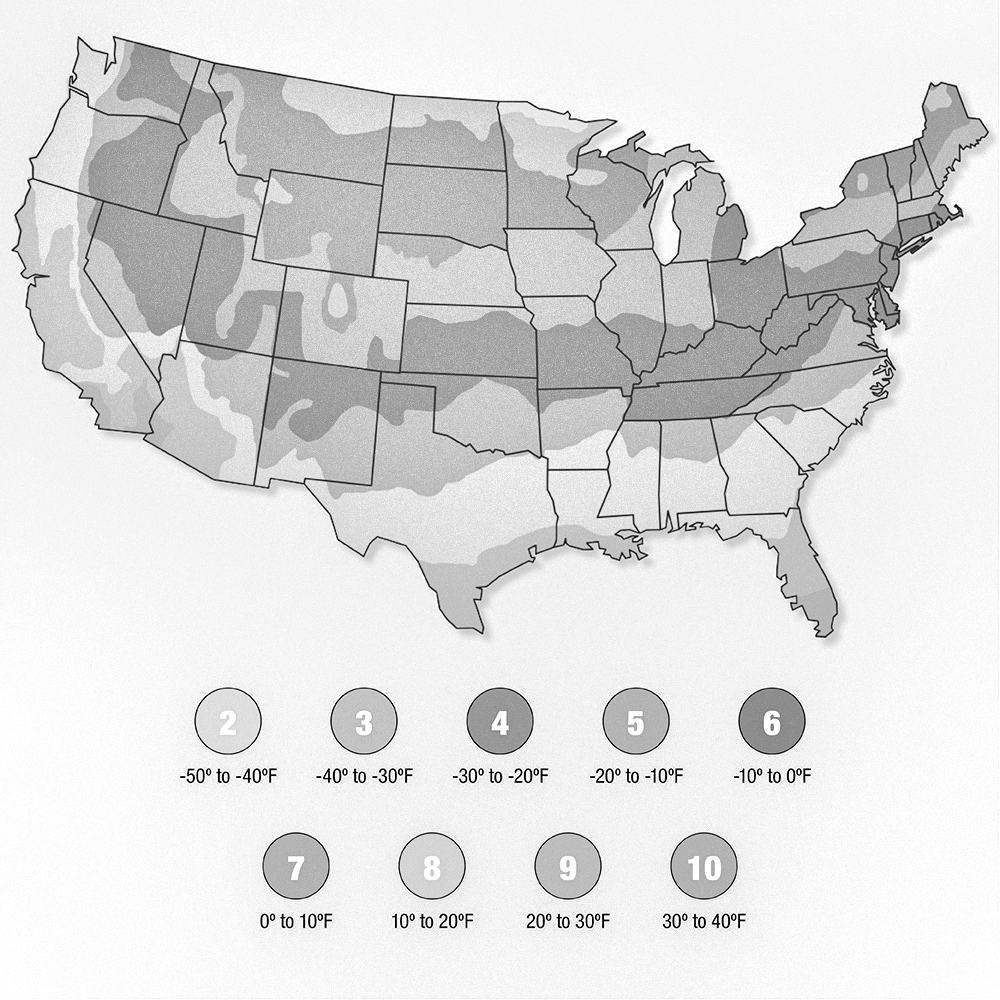
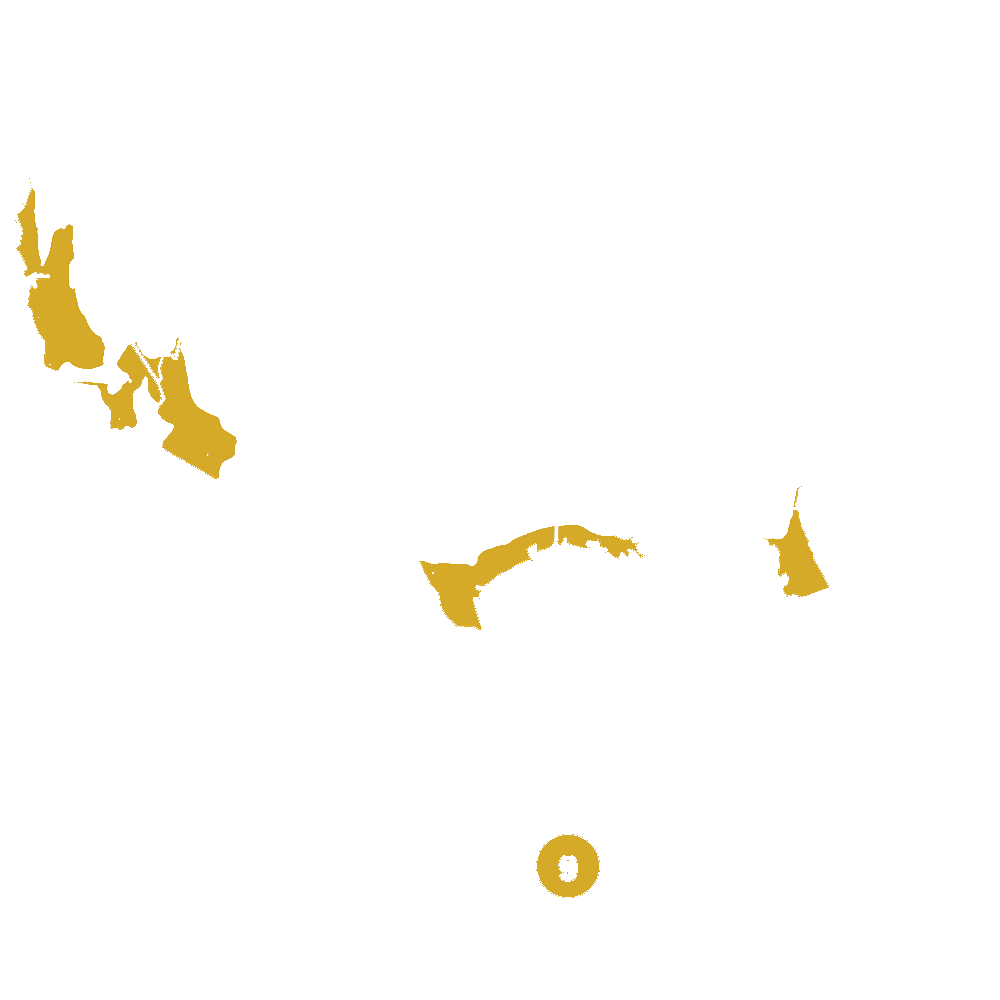
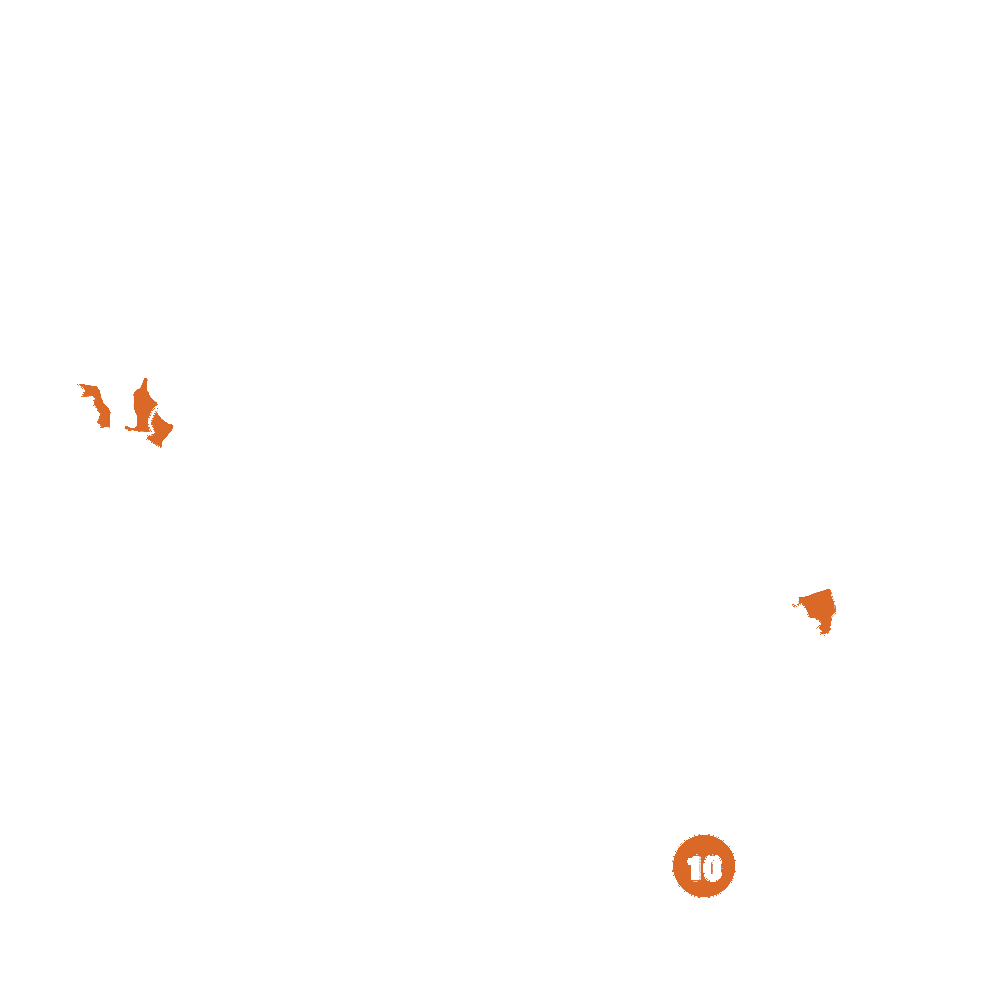
Pollination Info
Staghorn Fern (Platycerium bifurcatum Netherland Staghorn) Pollination Info
The Staghorn Fern, also known as Platycerium bifurcatum Netherland Staghorn, is a unique and interesting plant that belongs to the Platycerium genus. This epiphytic fern is native to tropical and subtropical regions of Asia, Africa, Australia, and South America.
Reproduction and Pollination:
The Staghorn Fern reproduces through spores, which are produced in small sori located on the undersides of the fronds. These spores are released into the air and dispersed by wind. Once a spore lands in a suitable environment, it germinates and develops into a gametophyte. The gametophyte then produces both male and female sex organs.
For pollination to occur, the male sex organs release sperm that must swim through a film of water to reach the female sex organs. Once fertilization takes place, a new sporophyte plant begins to grow. This process is known as sexual reproduction.
Pollination Importance:
Pollination is crucial for the reproduction of Staghorn Ferns and many other plant species. It allows for genetic diversity and the creation of new individuals. Without pollination, plants would not be able to produce seeds and develop new generations.
Pollinators:
While Staghorn Ferns primarily rely on wind dispersal for pollination, some species of ferns are known to attract insects such as beetles or ants to aid in fertilization. These insects may be attracted to the plant's scent, nectar, or other resources they provide.
FAQ
Staghorn Fern (Platycerium bifurcatum) FAQ
What is a Staghorn Fern?
The Staghorn Fern, also known as Platycerium bifurcatum, is a type of fern that is native to tropical regions. It gets its name from the shape of its fronds, which resemble the antlers of a stag.
How do I care for a Staghorn Fern?
Staghorn Ferns prefer bright, indirect light and should be watered regularly to keep the roots and fronds moist. They can be mounted on a plaque or hung in a basket to mimic their natural epiphytic habitat.
How often should I water my Staghorn Fern?
Water your Staghorn Fern approximately once a week, allowing the water to soak through the roots and fronds. They do not like to sit in water, so make sure to allow excess water to drain away.
Do I need to fertilize my Staghorn Fern?
It is recommended to fertilize your Staghorn Fern once a month during the growing season (spring and summer) with a balanced liquid fertilizer diluted to half strength.
How do I mount my Staghorn Fern?
To mount your Staghorn Fern, you can attach it to a wooden plaque with screws or wire. Make sure to use a well-draining potting mix or sphagnum moss to secure the roots and provide moisture.
How big do Staghorn Ferns get?
Staghorn Ferns can vary in size depending on the species, but they generally grow to be around 2-3 feet wide and long when mature. They can be pruned to maintain their size and shape.
Are Staghorn Ferns toxic to pets?
Staghorn Ferns are non-toxic to pets, making them a safe option for homes with cats or dogs. However, it is always best to keep plants out of reach of curious pets.
Planting & Care
Planting & Care for Staghorn Fern
Planting:
- Choose a pot or mount that is the appropriate size for your Staghorn Fern.
- Fill the pot with a well-draining potting mix or secure the fern to a mount with sphagnum moss.
- Place the fern in a location with bright, indirect light.
- Water the fern when the soil or moss feels dry to the touch.
Care:
- Water: Water your Staghorn Fern when the soil or moss feels dry to the touch. Avoid overwatering as this can lead to root rot.
- Light: Staghorn Ferns prefer bright, indirect light. Avoid direct sunlight as it can scorch the leaves.
- Temperature: Staghorn Ferns thrive in temperatures between 60-75°F (15-24°C).
- Fertilizer: Feed your fern with a balanced liquid fertilizer diluted to half strength every 2-4 weeks during the growing season.
- Pruning: Regularly remove dead or yellowing fronds to encourage new growth.
- Humidity: Staghorn Ferns prefer high humidity. Mist the leaves or place a humidifier nearby to keep humidity levels up.
- Repotting: Repot your Staghorn Fern every 2-3 years to refresh the soil and provide more growing space.
Check Out These Verified Customer Reviews:
Customer Reviews
4.7 out of 5 based on 15 reviews
Thank you! Your review has been submitted.
Website was easy to navigate. Ordering process was smooth. Very happy with my new Staghorn Fern.
Excellent customer service.
The customer service team was helpful and knowledgeable. They answered all my questions promptly.
Item has been added to your cart.



